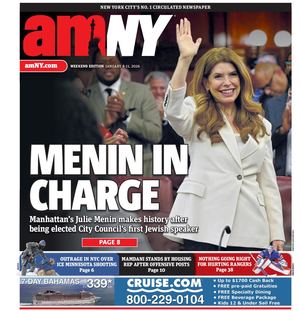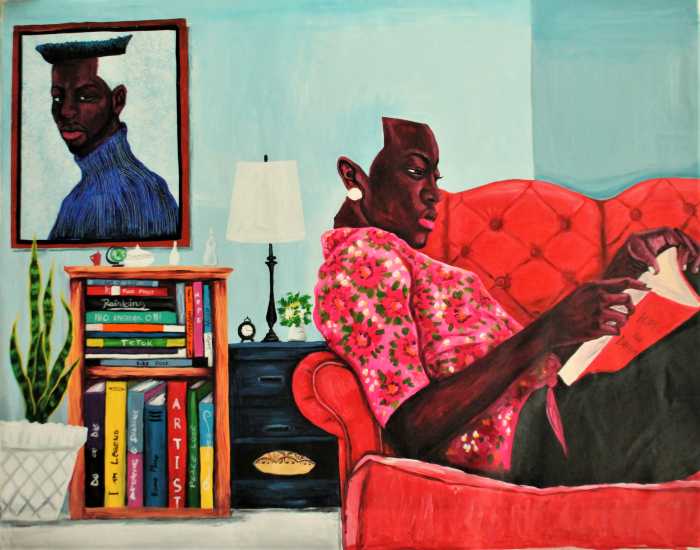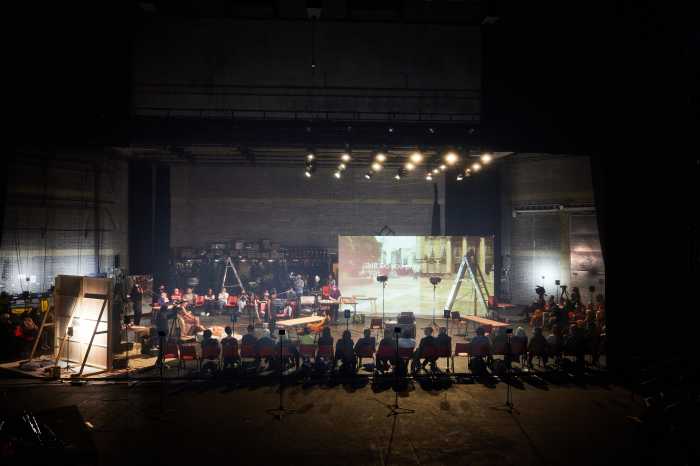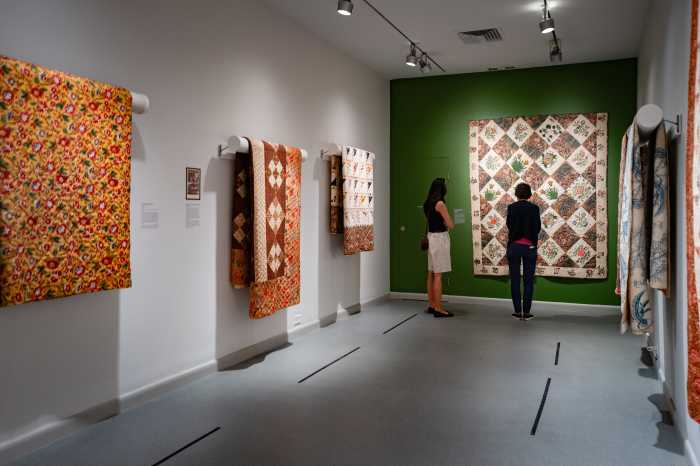From her start in beat poetry to her decade-plus membership in Minneapolis-based rap collective Doomtree, Dessa’s career has revolved around storytelling. Her songs act as reminders that one can tell miniature tales that pack the emotional heft of longer forms armed only with eight bars and a preternatural ability to turn a phrase.
It should be no surprise, then, that Dessa’s debut hardcover, “My Own Devices,” is filled with essays, each just a few pages, that explore her life with not just wit, candor and intelligence, but also the depth normally associated with longer works.
amNewYork caught up with the emcee and author in advance of her appearance at The Strand on Tuesday to talk about the book and similarities between essays and verses.
It seems that, in both hip-hop and essay writing, you can spend more time on the word-to-word effects of a phrase, unlike in creating a novel. How did rap music prepare you for an undertaking like this? Or is it a common trait that drew you to both?
I would say it’s probably both, in that I think I was attracted to hip-hop because of the mechanics of craft, that sentence level or that phrase level. And then I spent the last dozen years in that chute, fine tuning, essentially. Also, I naturally think like a miniaturist. When I was little, I knew that I liked writing, but I think in my first creative writing class, the first time I was introduced to the genre of creative nonfiction, my reaction was “Holy [expletive], this counts?” I thought writers … I don’t know, I thought they had to write novels. You know what I mean? So, this idea of a short form that was just true and funny and smart? I just thought that was dinner conversation. I didn’t know you were allowed to call yourself a literary person, trafficking in that content.
Essay writing can devolve into a string of confessions quickly and read like the author is exploiting tragic stories. How do you avoid that?
I think, in neither song nor prose, am I attracted to the confessional for the sake of secret sharing. Because I know that is a trend in memoirs, this confessional stuff. And to be honest, I had to be nudged in that direction a little bit by my editors because I was always more inclined to investigate the scientific lens through which heartbreak might be analyzed, because I was afraid of being maudlin, you know? Or exhibitionist. I think the reason that I share personal information is because I don’t know how to tell a compelling story in which I only look rad, because who would care? If the writer has nothing at stake, it would be outrageous to imagine that the reader would get invested.
The first essay in the book deals with a question that I think haunts a lot of creatives — “how long do I try this? When do I give up?” Before your career began to pick up, did you have an answer for those thoughts?
I think I can speak for myself, and the artists that I know well enough to have frank conversations with, that a lot of us have toyed with the idea of failing after a particularly disappointing release. You pin your hopes on this next thing, whatever that is — usually it’s a new album — and if it falls short of your expectation or it doesn’t indicate any real progress from the last one you released, you resign yourself. And you tell all your friends, “I’m retiring.” Except for another idea for a pretty good song comes along and frustrates your retirement announcement party. … I think it was a question that I was asking, although I probably wasn’t answering it, you know? “[Expletive], dude, is this stupid? Is this not only foolhardy, but sort of insufferably vain? I mean, can you imagine that this might come real?” And you only get one go around. So how many years you spend with your shoulder against an immovable wall? I don’t know.
IF YOU GO: Dessa will be in conversation with WNYC’s Jennifer Keeney Sendrow at 7 p.m. on Tuesday at the Strand Book Store, 828 Broadway, 212-473-1452, strandbooks.com, must buy book or $15 Strand gift card.






































